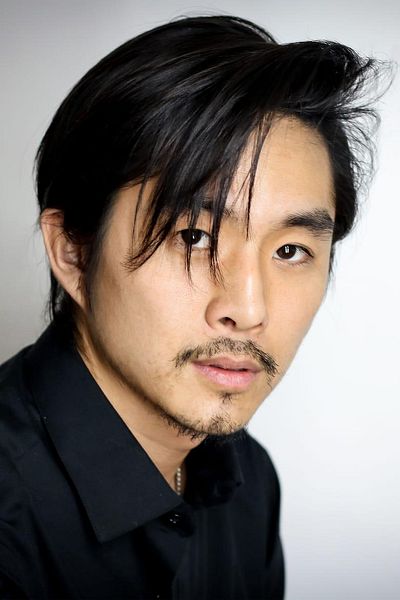Antonio LeBlanc (Justin Chon), his wife Kathy (Alicia Vikander) and his stepdaughter (Sydney Kowalske) live an idyllic life in New Orleans until it's turned upside down by a deportation order for Antonio. As he was adopted in the '80s before a legal act allowed him to stay in the US, he must now try and figure out how he can stay, while battling his own demons and memories of his violent past...
It's hard to really examine or talk about immigration stories in any context - be it real-life or a fictional story like 'Blue Bayou' - without first acknowledging just how utterly inhuman and barbaric it is. The sight of people being loaded up in vans and marched out of a country by militaristic figures is haunting, to say nothing of the scars it leaves behind for their families and the fear it drives into communities. 'Blue Bayou' therefore may feel like it's laying it on thick and hard with the weepy melodrama, but that's the truth of it.
'Blue Bayou' seeks to render its characters as authentically as possible, even if the movie itself isn't terribly subtle. There's even a musical moment where Vikander's character sings the title song, originally performed by Roy Orbison. Justin Chon, pulling triple duty as writer, director and star, portrays Antonio as a decent if flawed man who is trying his best. As the story unfolds, we see that he has gone through a brutal environment that would break the soul of anyone else. Yet, with his relationship with his stepdaughter and his wife, played by Alicia Vikander, we can see that it's as much a case of someone put back together and held together by them than by himself. The performances from all three are commendable, with a real sense of authenticity and naturalism in each of their performances. In the many scenes of them simply being together, you feel just how heartbreaking it must be knowing that someone is trying to separate them.
The cinematography by Matthew Chuang and Ante Chang bathes New Orleans in dusk and half-light, vivid colours and twilight shadows, giving it all a dreamlike quality that blends beautifully with Roger Suen's stirring score. There's a real ache of beauty to 'Blue Bayou', and couple that with the heartbreaking story, you can feel like the movie is trying far too hard to make you feel something rather than simply letting it happen. So much of it feels like it's purposefully written to make you weepy and emotional instead of allowing for it to occur naturally. Some of the strands of the story are wrapped up without any kind of examination. Mark O'Brien, who plays the biological father and Vikander's on-screen ex, goes through a transformation of conscience that occurs completely off-screen. Likewise, Linh Dan Pham's character slips in and out of the story at will, and could have easily been the focus of the story all by herself, such was the strength of her performance.
'Blue Bayou' suffers from trying to do all of it, all the time, and at full power and never leaves any kind of breathing room or space to sit with anything. However, 'Blue Bayou' does look truly gorgeous and you cannot help but be moved by it. Chon's commendable work in writing, directing, and starring marks him out of as a talent. Yet, the heavy-handed nature of the script plays out in the final scene, followed by the grim knowledge that the fictional story told in 'Blue Bayou' is a reality for others.



















































































